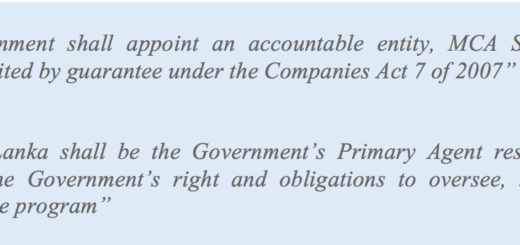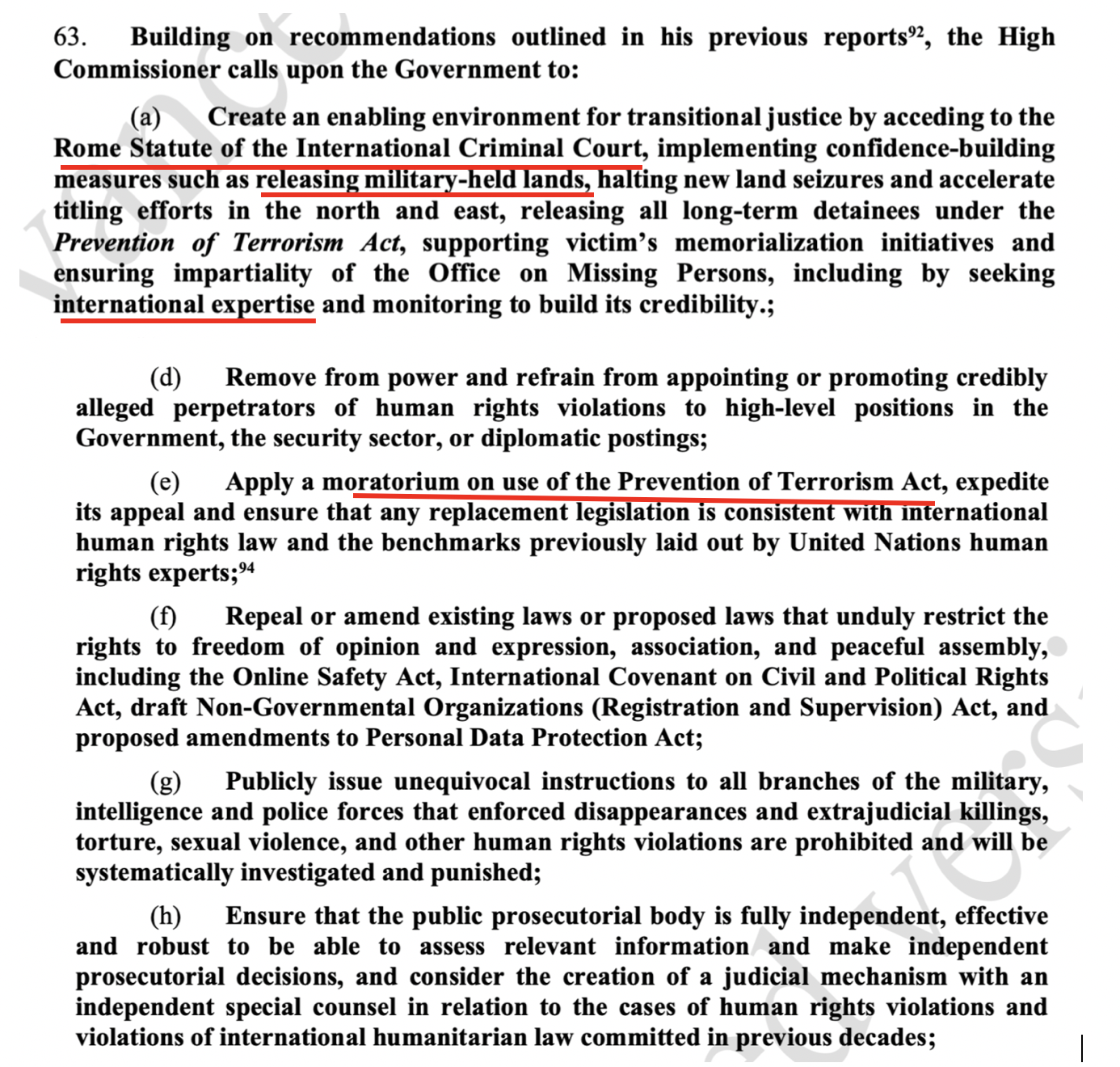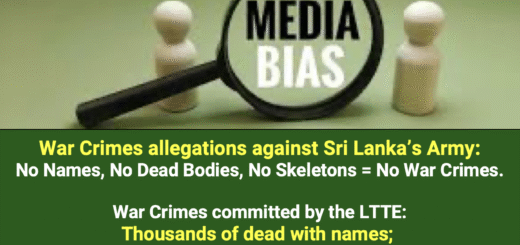Protecting Children or Promoting Sexual Abuse? The Battle to retain Sections 365 & 365A in Sri Lanka’s Penal Code
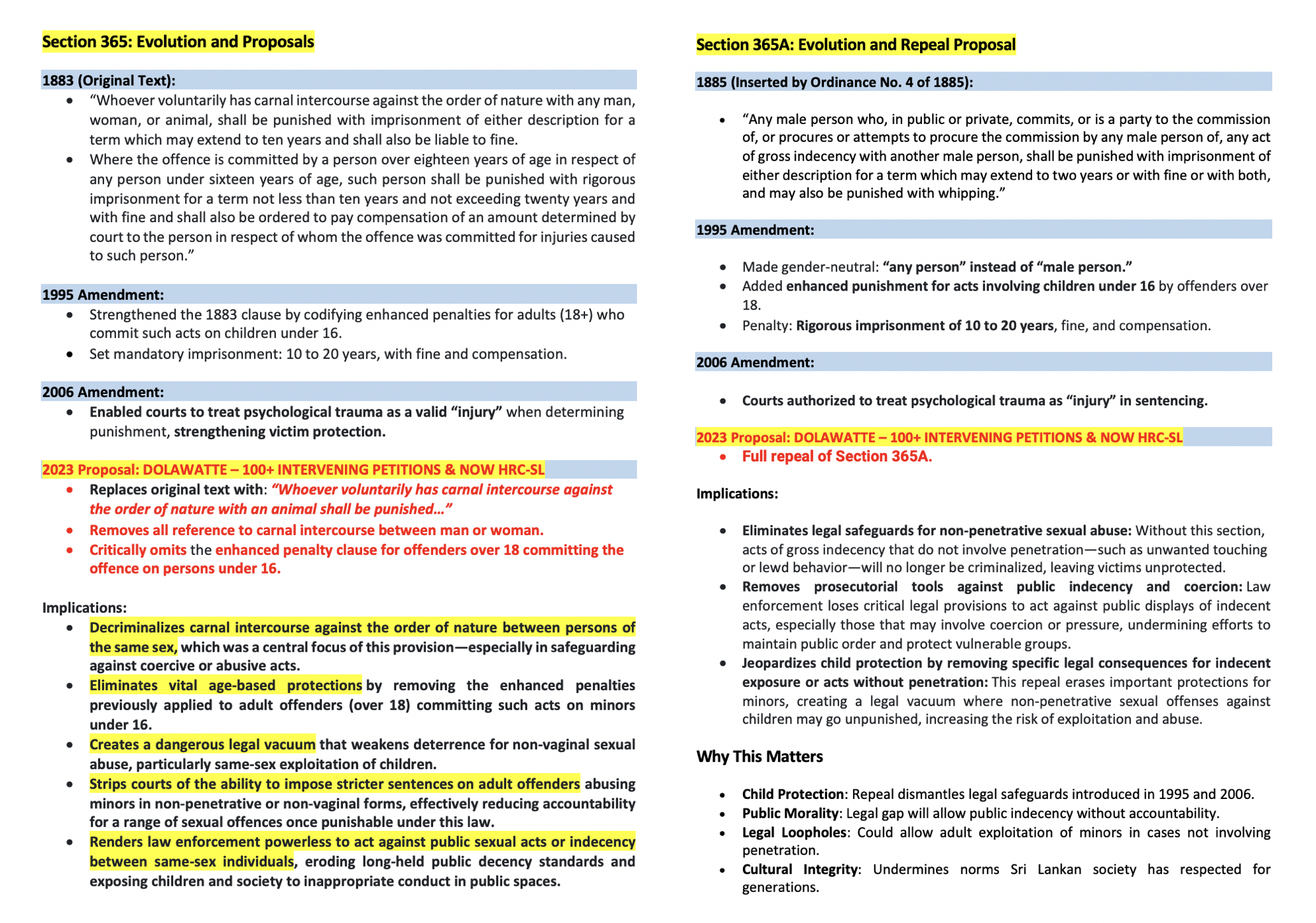
Sri Lanka’s Sections 365 and 365A, enacted during colonial times and strengthened in 1995 and 2006, protect children from sexual exploitation, including same-sex abuse. Private consensual acts, where adults are involved, are not the issue—those can remain private as has been done over centuries. The real concern is the push by some groups to legalize and normalize public displays of same-sex behavior, which violate long-held public ethical standards and expose impressionable children to inappropriate content. This raises troubling questions: Do these advocates truly care about the welfare of children and society? Or is their agenda at odds with protecting future generations? This article unpacks the history, the current threats, and the urgent need to uphold these laws for the sake of child safety, moral values, and national integrity.
1. Origin and Purpose of Sections 365 & 365A (Colonial Era)

Sections 365 and 365A were introduced into the Sri Lankan Penal Code during British colonial rule through Ordinance No. 2 of 1883 (effective from 1885).
http://citizenslanka.org/wp-content/uploads/2016/02/Penal-Code-No-02-of-1883-E.pdf
Section 365: “Unnatural Offences”
- Criminalized “carnal intercourse against the order of nature” with any man, woman, or animal.
- Covered homosexual acts, bestiality, and certain heterosexual acts considered “unnatural.”
- Importantly, the original Penal Code did include an age threshold:sexual acts against the order of nature committed by an adult with a child under 16 were punishable with enhanced penalties, recognizing the need to protect minors.
Section 365A: “Acts of Gross Indecency”
- Criminalized acts of gross indecency between persons, whether in public or private.
- Broadly targeted same-sex behavior, especially in public, but without referring to age or coercion.
Original Purpose:
- To protect public morality and enforce moral codes.
- To discourage public sexual acts considered indecent or disruptive to social values.
- To criminalize acts thought to be against the “natural order.”
- To criminalize sexual abuse of minors, specifically under the age of 16, even in same-sex contexts.
2. 1995 Amendments (Act No. 22 of 1995): Introduction of Child Protection Measures
https://www.parliament.lk/uploads/acts/gbills/english/3136.pdf
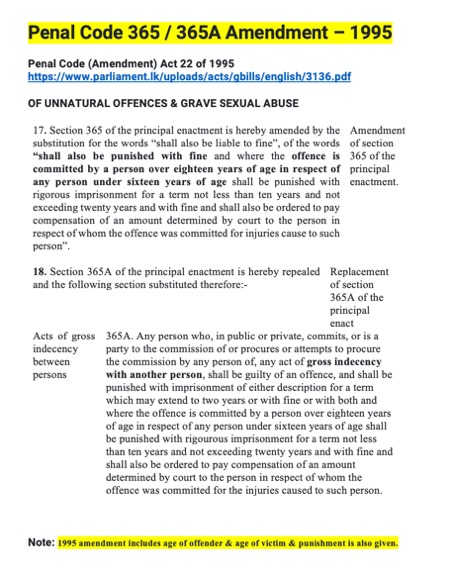
In response to rising global and national concerns over child sexual exploitation, Sri Lanka’s Parliament strengthened Sections 365 and 365A through Act No. 22 of 1995.
Key Changes:
- Introducedstrict age protections:
If an offender is over 18 and the victim is under 16, the punishment became:
- Rigorous imprisonment between 10 and 20 years
- Mandatory fines
- Compensation to the victim
This created legal safeguards for minors and treated child sexual abuse — regardless of sexual orientation — as a serious criminal offence.
This was not a relaxation but a reinforcement of the colonial-era Penal Code, recognizing that the existing legal framework lacked specific safeguards for minors—especially in cases of same-sex or coercive acts, which were otherwise unaddressed under separate child protection laws at the time.
Why this Amendment Matters:
- Itclosed a critical legal loophole that left children vulnerable to abuse under the guise of private, consensual acts.
- It appliedequally to all forms of carnal abuse, but explicitly recognized that same-sex sexual acts involving children needed targeted criminal penalties.
- Importantly, the amendment retained the original scope of “unnatural offences” butexpanded it to ensure child protection and public morality.
Public Understanding is Key:
Most citizens are unaware that this is the only section in Sri Lankan criminal law that directly criminalizes same-sex acts involving minors or adults. Its repeal or weakening would leave a dangerous legal vacuum, removing the only clause that:
- Addressessame-sex crimes involving children,
- Enforcesstrict age-of-consent protections,
- Treatsnon-heterosexual child abuse with the seriousness it deserves.
3. 2006 Amendments (Act No. 16 of 2006): Psychological Harm Recognized
The 2006 amendments further strengthened the protections introduced in 1995.
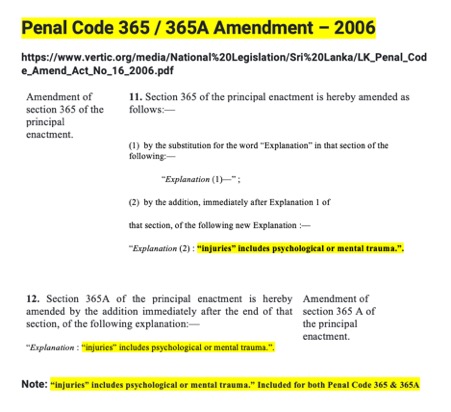
Key Changes:
- Added legalrecognition of psychological trauma as a form of injury under Sections 365 and 365A.
- Clarified thatmental and emotional harm could be compensated in court.
This reflected a growing understanding that sexual abuse causes deep psychological damage, not just physical harm.
4. What the Proposed Repeal Seeks to Do
The 2023/2024 draft Private Member’s Bill by MP P. Dolawatte seeks to:
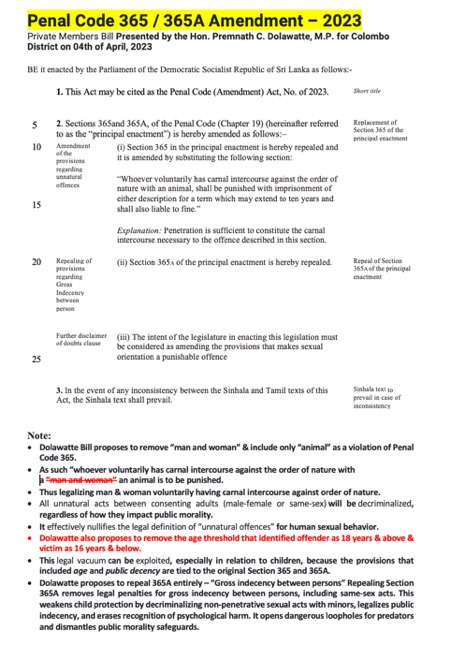
Amend Section 365, replacing it with a clause that only criminalizes bestiality (sex with animals).
The proposal wishes to remove reference to unnatural acts between men and women. Meaning that unnatural acts between men & women are to be legal & not criminal.
Repeals Section 365A entirely, which criminalizes gross indecency, including same-sex acts — in public or private — and removes age-based penalties currently in place.
Dangers:
- Removes protections for children under 16when engaged in same-sex acts with adults over 18.
- Normalizes all same-sex behavior, even inpublic settings, regardless of public decency norms.
- Reduces the state’s abilityto regulate sexual conduct harmful to public morals and child welfare.
If acts once regarded by law and society as ‘gross indecency’ were criminalized for violating public morals and protecting the vulnerable, what has changed today that warrants reclassifying them as decent or harmless?”
5. Who benefits from the Proposal, who is at risk?
Advantaged:
- Advocacy groups seeking tonormalize same-sex relations in law and public life.
- International agencies promotingDEI (Diversity, Equity & Inclusion) tied to LGBTQIA+ agendas.
- Adults engaging in sexual relationships with minors, particularly in same-sex contexts — who would facelesser or no legal risk if age protections are removed. Paedophilia is virtually legalized.
Disadvantaged:
- Children, especially those under 16, who would lose a vital legal protection from sexual exploitation from same-sex sexual abuse.
- Parents and communitiestrying to preserve moral boundaries and protect childhood innocence.
- Society at large, as legal and cultural lines between adult behavior and child safeguarding blur.
Why these Laws should be Preserved and Strengthened
- The1995 and 2006 amendments show that Sri Lanka recognized the need to protect children and reinforce moral order. Private conduct was never criminalized then or now.
- Repealing these sections entirely, as currently proposed, would:
- Remove age protectionsfor minors.
- Decriminalize public indecencytied to same-sex behavior.
- Allowfuture normalization of acts that many cultures, including religious traditions, deem harmful.
Who Are the People Calling to Remove Legal Safeguards for Children?
It is critical that the Sri Lankan public and judiciary understand who is advocating to repeal or amend Sections 365 and 365A of the Penal Code — laws that were strengthened in 1995 and 2006 to protect children from sexual abuse, not to discriminate.
Why would anyone want to repeal clauses that protect children from adult predators?
Well, look no further than the list of intervening petitioners in 2023— a coalition of activists, NGOs, donor-linked professionals, gender ideologues, media influencers, foreign-funded lobbyists, and even a few claiming to work in child protection.
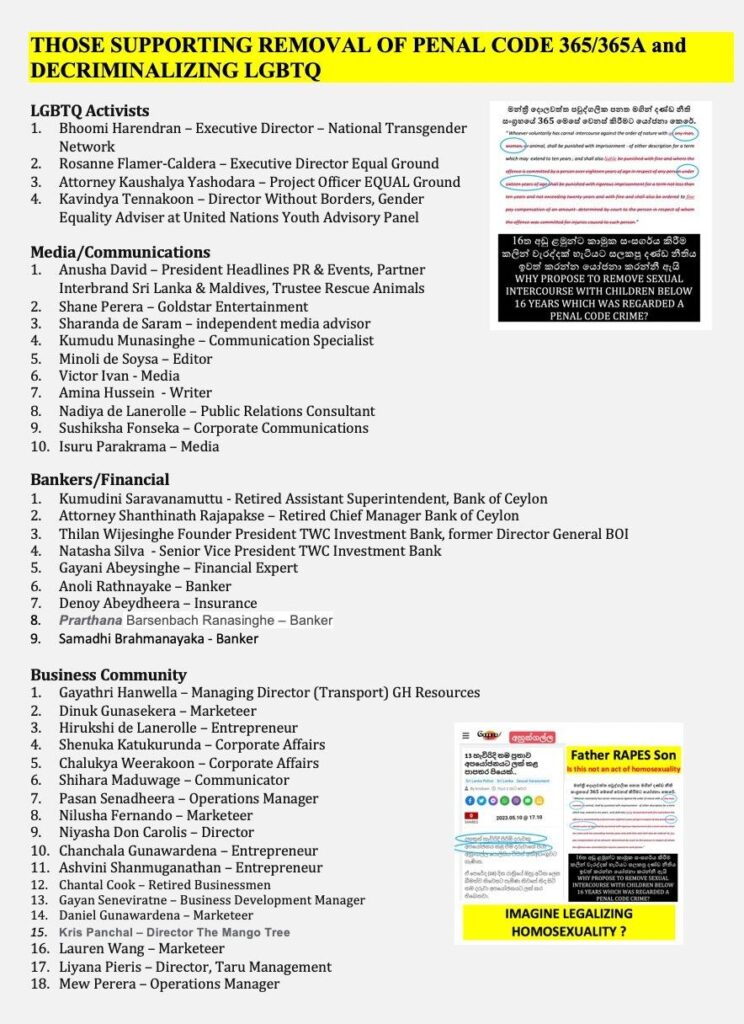
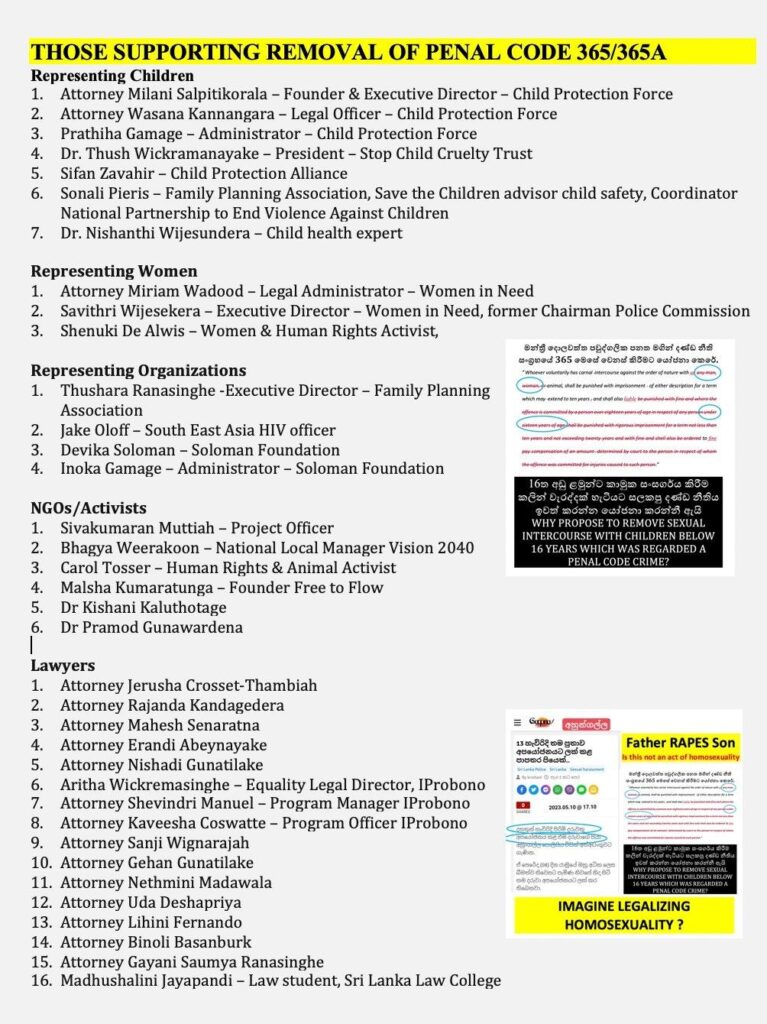
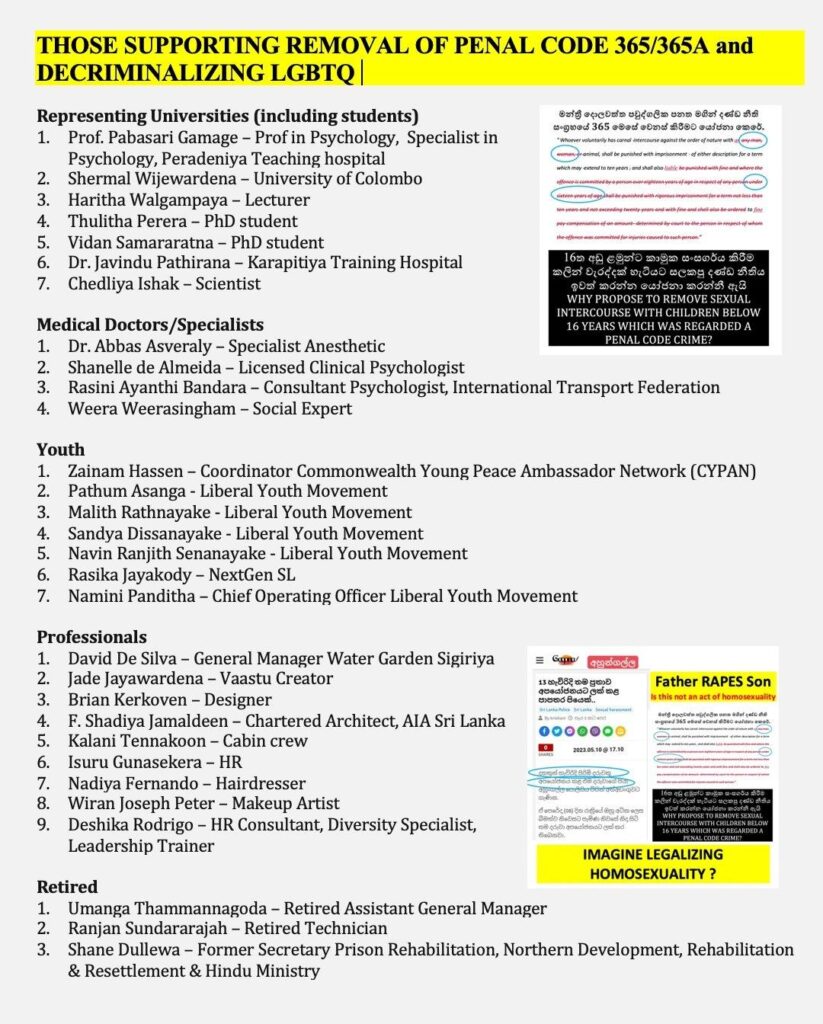
These Are Not Innocent Reforms — This is Legal Sabotage
Many of these petitioners hold positions as:
- Child rights officers
- Women’s rights activists
- Public health advocates
- Academics
- LGBTQ+ lobbyists
- Media & business figures
Yet none of them have explained why they support removing:
- Theage threshold that punishes adults (18+) who commit sexual acts on minors (under 16),
- The inclusion of“psychological trauma” as a form of injury,
- The right of child victims tocompensation under the law.
And not a single one of them has acknowledged that these protections were not part of the colonial version, but were added deliberately by the 1995 and 2006 Amendments to:
- Fill a legal gap for protectingchildren from all forms of sexual abuse (not just penetrative),
- Recognize mental trauma as real and compensable,
- Impose deterrent sentencing on adult offenders —regardless of sexual orientation.
Disturbing Questions that must Be Asked:
- If someone represents a child protection organization, why advocate removing clauses punishing child sexual abuse more severely for same-sex crimes?
- “If they are a women’s rights lawyer, why seek to decriminalize adult same-sex sexual acts—including male-male and female-female—with same sex boys or girls under 16?”
- If a UN-backed gender advisor, is their role to protect victims or push global ideologies at the expense of national sovereignty and child safety?
The 1995 & 2006 Amendments Were Not About Discrimination — They Were About Protection
Let us be clear:
The laws today are not colonial leftovers. They have been modernized to punish adult exploitation of children. Removing them is not “reform” — it is dismantling child protection.
The 100+ intervening petitioners must be held morally and legally accountable for supporting a move that:
- Weakens child protection laws in particular related to same-sex sexual abuse,
- Normalizes adult-child sexual conduct in same-sex contexts,
- Eliminates legal recognition of mental trauma for same-sex sexual crime,
- Undermines Sri Lanka’s cultural values under the guise of human rights.
Protecting Children and Respecting Cultural Values
Sri Lanka’s laws must balance private freedoms with public morality and cultural norms. While consensual acts between adults in private should remain unaffected, public displays of sexual behavior—especially those impressionable to children—must be carefully regulated to preserve childhood innocence and social ethics.
Safeguarding Against Exploitation
Repealing legal protections tied to sexual conduct risks creating loopholes that predators could exploit, endangering minors. Age-of-consent laws and child protection measures are essential to prevent abuse, regardless of sexual orientation.
Parents play a vital role in guiding children’s moral and emotional growth.
Scientific studies indicate that early exposure to sexual content, especially outside a stable family environment, can negatively impact mental health and emotional development. Research also shows a significantly higher percentage of individuals identifying as homosexual come from broken or disrupted family backgrounds compared to the general population, highlighting the importance of strong family structures in healthy child development.
Distinguishing Adult Rights from Child Protection
Advocating for adult private freedoms should not come at the expense of removing laws that protect minors from exploitation and harm. These protections are critical and non-negotiable.
Transparency and Accountability
The push to repeal these laws is often driven by foreign-funded groups and ideological agendas that may overlook Sri Lanka’s social priorities. Those advocating for change must be transparent and accountable, especially when children’s safety is at risk.
Lessons from the West: The Cost of Normalizing LGBTQIA Public Advocacy
Experience from Western countries shows that the widespread promotion and normalization of LGBTQIA lifestyles, especially when introduced early in schools and public spaces, has led to concerning increases in mental health issues, including anxiety, depression, and suicide rates among youth. Studies reveal that such early exposure can confuse children about identity before they are emotionally ready, often causing lasting psychological harm. As a result President Trump is now reversing the legislative changes made. This reality underscores why Sri Lanka’s 2006 amendments to the Penal Code, which recognize psychological trauma as a serious injury and protects children from premature exposure to sexual content, are crucial safeguards for the mental and physical well-being of minors.
Human Rights Commission Sri Lanka’s Push for Repeal: A Risk to Child Protection
Fully aware of all these ground realities on May 22, 2025, the Human Rights Commission of Sri Lanka (HRCSL) sent a formal letter to Justice Minister Harshana Nanayakkara, recommending the repeal of Sections 365 and 365A of the Penal Code. The Commission argued that these provisions, which criminalize same-sex relations, violate international human rights obligations, particularly the International Covenant on Civil and Political Rights (ICCPR). However, this recommendation raises concerns about the potential weakening of legal protections for minors. The 2006 amendment to these sections specifically enhanced penalties for sexual offenses involving individuals under 16, recognizing the severe psychological harm such acts can cause. Repealing these sections without careful consideration could inadvertently remove critical safeguards designed to protect 5.1million children from sexual exploitation and abuse. Why has the HRCSL completely disregarded the Human Rights of 5.1m children & the HR of majority of Sri Lankans who wish to continue 365/365A?
In conclusion when laws are weakened to accommodate identity politics, it is children who are sacrificed first.
To the petitioners and advocates pushing this repeal:
Why do you support removing protections that no child has asked to lose?
Shenali D Waduge

